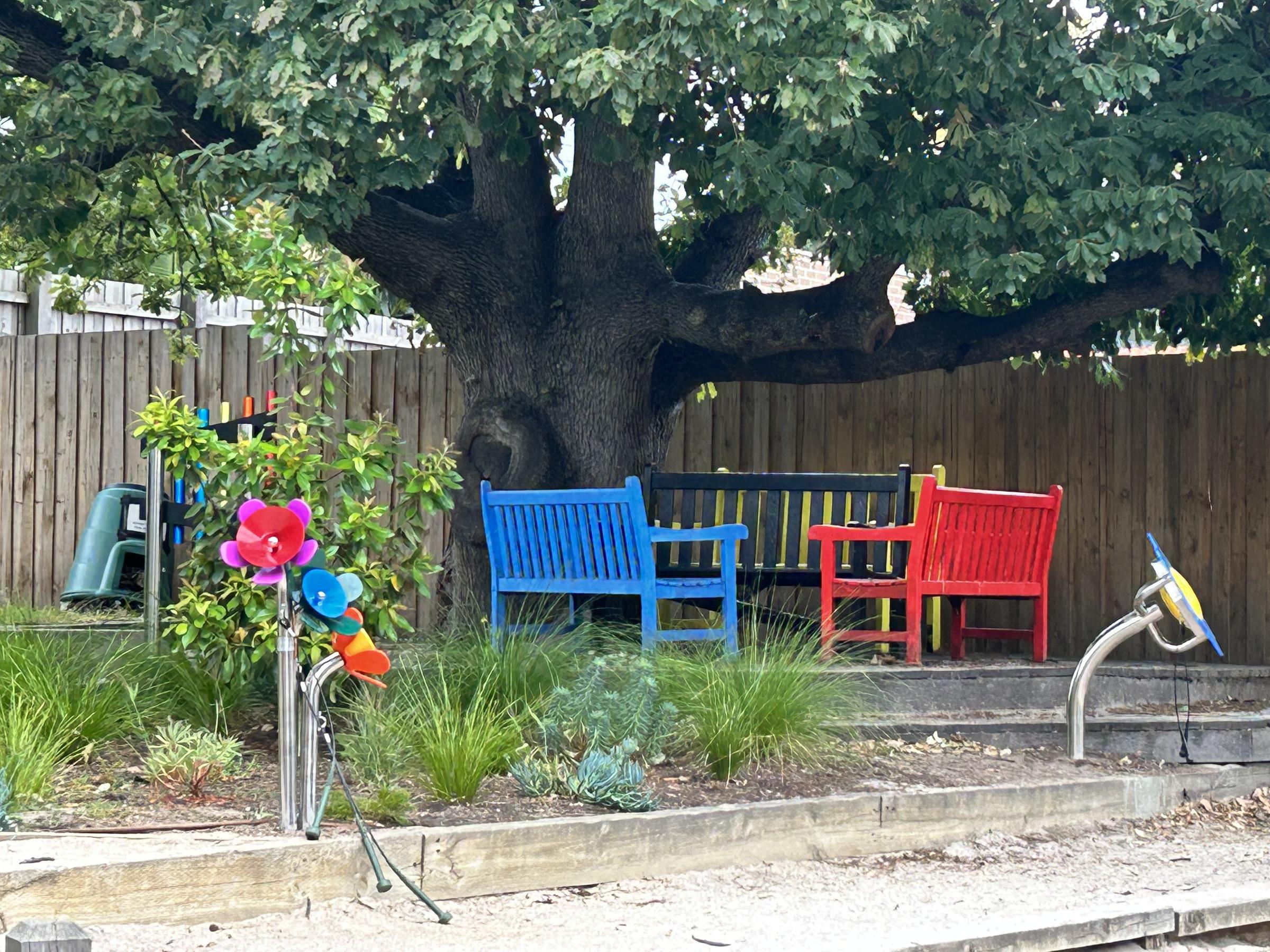Wellbeing
Amanda Howe | Assistant Principal

Wellbeing
Amanda Howe | Assistant Principal
Empathy is the ability to understand and share the feelings of others. It helps children build strong relationships, resolve conflicts peacefully, and develop compassion.
Empathy is not just about being kind; it’s about understanding diverse perspectives, recognizing emotions in others, and responding appropriately.
Teaching Empathy at HPS
When students are taught to understand and respect the feelings of others, they contribute to a culture of kindness and acceptance, making schools safer and more welcoming for everyone.
Michael Grose - Happy Families
Parenting is a socialisation process during which parents develop in their children and teenagers the skills and attitudes that will enable them to fit into the different groups they encounter. These groups will exist inside the classroom, in friendship groups, during sports and leisure activities and elsewhere.
This socialisation process needs to begin from a young age.
Initially, most kids believe that their world and everyone in it revolves around them. “I want” is their mantra. Patient, firm parents will continually remind children that they need to think of others. “It’s your brother’s turn.””Nana doesn’t feel comfortable listening to that language.” “Think about how your behaviour affects others.” These are the types of appeal to a less self-centred approach that many parents make.
The socialisation process operates on two levels. On one level its focus is on teaching and helping kids to follow social rules or conventions that exist to help them get along with each other. At a deeper level successful socialisation develops empathy in a child or young person.
Empathy – the ability to understand how another person is feeling or how they respond to a behaviour or an event – is the basis of all respectful relationships. Without empathy it’s impossible for someone to enjoy a relationship based on respect and equality. It’s easy for a person who doesn’t practise empathy to reject, bully, intimidate or hurt someone else.
Empathy learned in childhood carries on to adult life
Empathetic adults enjoy better personal relationships and experience less stress. They also make better leaders who are more likely to get the best out of people than self-centred, result-focused leaders.
Anecdotal evidence suggests that empathy, if neglected in childhood, can be difficult to develop in adulthood. In some adults it takes a traumatic event or a ‘road-to-Damascus’ moment for them to adopt an empathetic perspective.
So, rather than wait until adulthood, let’s focus on developing empathy in your children and adolescents. There is a good chance they will benefit very soon in terms of enjoying better friendships, improved wellbeing and more success at school. Here are five ideas to get you started:
Empathy is too important to wait until adulthood so make it a priority to develop a sense of ‘other’ in your child from an early age.